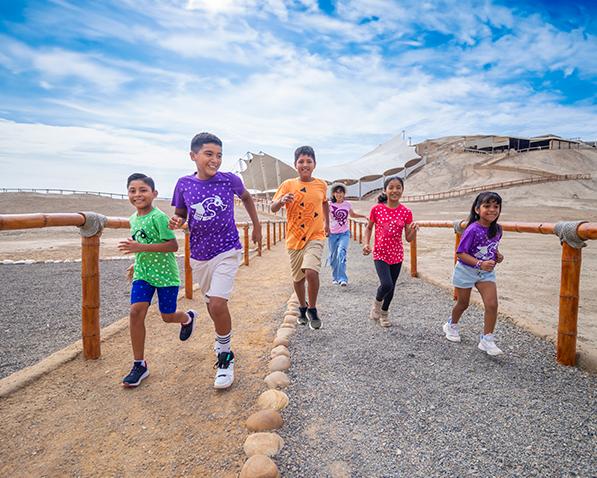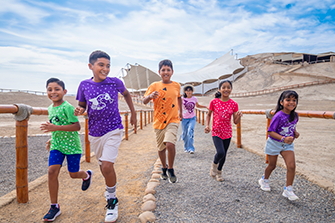


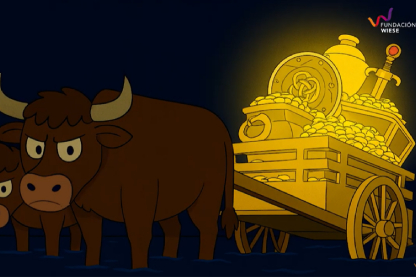
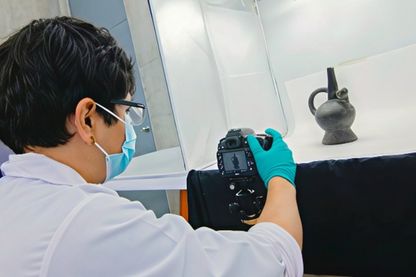
jue., 11 dic. 2025
La Fundación Wiese prepara nuevo libro sobre las colecciones arqueológicas de El Brujo
Las colecciones arqueológicas de El Brujo: Materiales para la memoria social del Valle de Chicama (Perú)
Ver más →
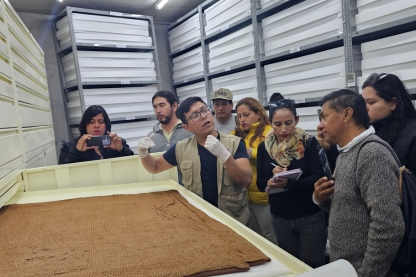
jue., 20 nov. 2025
Convocatoria: VI Capacitación integral en Arqueología y Comunidad organizada por Fundación Wiese en el Complejo Arqueológico El Brujo
Ver más →
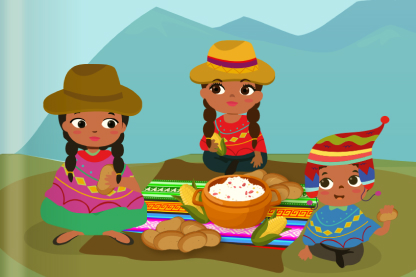
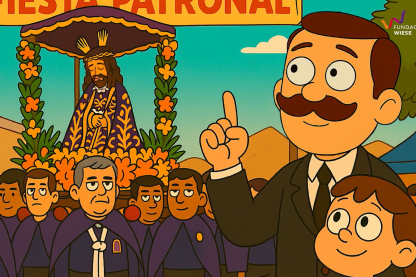
sáb., 15 nov. 2025
La leyenda del Señor de la Caña: fe, tradición y promesa cumplida en Chiclín
Ver más →
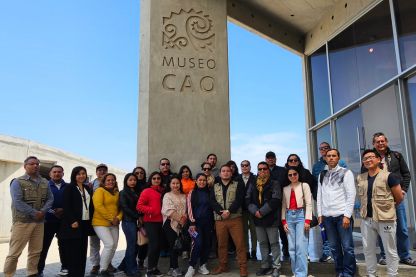
jue., 13 nov. 2025
Fundación Wiese brindó capacitación especializada para profesionales y operadores de turismo en el complejo arqueológico El Brujo
Ver más →

